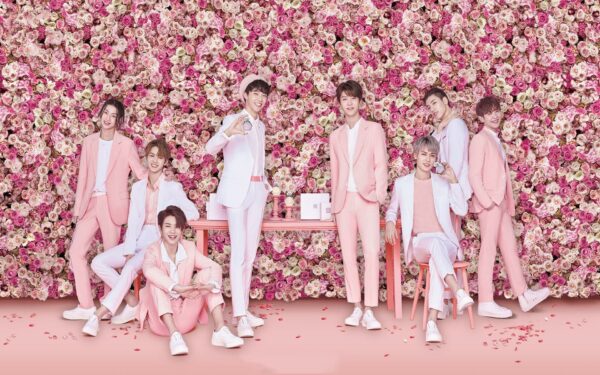
It’s been a busy month for the media authority in China, first with the denunciation of internet fan culture, then with the announcement of restricting online gaming for minors.
As expected, China’s National Radio and Television Administration officially brought the ban-hammer down on Idol survival shows, shortly after the Cyberspace Authority issued its missive against celebrity culture and fan circles. But bundled with the programming ban is an indictment against influencer culture, specifically celebrities who gain fame through the flaunting of wealth, vulgarity, gossip and “娘炮,” which crudely translated means “sissy boy” behavior.
The official breakdown:
- Casting of actors/personnel should be more strict, based on moral conduct, political literacy, artistic level. Do not cast actors with suspect morality/political beliefs.
- Idol development programs are banned. Variety entertainment featuring celebrity children are banned. No off-site voting for audition programs. No purchasing of material goods or memberships to participate.
- Put forth entertainment that resonates with the approved aesthetic orientation. Pay close attentions to styling, make-up, performance content to ensure it upholds Chinese culture. No “sissy boy”, no flaunting of wealth, no gossip, no vulgar “Internet Celebrities” or blatant negativity.
- Strictly manage the pay for actors and guests in the media. Severely punish violations of tax evasion and misreporting of earnings.
- Strictly manage media workers and employees, ensure that they are not abusing professional identity or popularity to obtain improper benefits. Cultivate the political and ethical awareness of employees.
- Professionally review content for broadcast, ensuring its aesthetic quality and values. Promote truth, goodness and beauty, refute evil and ugliness. Social benefits and social welfare should be at the forefront. Use data such as ratings and click-through to push social welfare.
- Emphasize the broadcast industry’s role in maintenance of ideological good. Self-criticism and self-discipline in order to eliminate the unhealthy phenomena in the industry.
- Radio and Television management should improve political positions, adhere ideologically and properly guide personnel on producing content. Address the concerns of the people and say “no” to unethical star-making, low entertainment.
Most of the bulletin comes as no surprise; multiple points support the reinforcement of CCP’s values and a condemnation of antithetical aesthetics. The line condemning effeminate behavior seems to be a direct refutation of the “flower boy” aesthetic imported from K-Pop, which of course is where the producers of idol survival shows borrow/purchase their ideas from. This in particular has gotten a lot of attention worldwide. But where in the world does the “sissy boy” backlash come from?
——
China’s concern with emasculation isn’t just a recent phenomenon. Gender roles have been a party issue since the country’s modernization in the 80’s, the consequential increased role of women in agriculture due also to the One Child Policy, and the resulting rise of feminism and a reconsidering of gender norms, which have typically been a pillar of the party’s values.
In the late 90’s, these ideas would leave academia and gain momentum in art and pop culture. New Chinese Queer Cinema gained prominence at this point in time, Cui Zi’en’s Beijing Queer Film Festival was founded in 2001. China experienced its own mainstream queer movement in 00’s, which was both regarded with fascination from the populace and at the same time derided in the mainstream news.
But why is the party so interested in snuffing out challenges to the classic gender model? The reasoning is simple: the conservative idea that a strong country (read: military) is built on the backs of young men. Luo Yuan, a major General at the PLA Academy (and popularly cited jingoistic commentator), penned a widely publicized editorial in 2011 fearing for the future of the nation due to changing ideas of masculinity. The government then responded with a media ban on this type of content (sound familiar?). But of course, as China becomes more open to the global market, new “threats” to masculinity arise. Every couple years these types of articles get published in the Chinese news, and they always ring the same, nationalistic alarms. So while this recent push against “flower boy” aesthetics may be a direct result of the popularity of K-Pop in China, the roots of these actions extend well beyond 2021.
——-
Anyways, I’m only a casual scholar, and this is a woefully narrow look into a very complex situation. There’s lots of reading to be done if you’re more than interested. But it’s a fact that the Chinese ‘war on masculinity’ has been decades long and precedes K-Pop’s presence in China. Don’t believe the hype.
Like I said in the previous article, this just about ends the current model of idol entertainment in China. We’ll possibly see some of the better connected agencies sending their trainees overseas, or abandoning these projects altogether. But as we can see from history, this hardly seems like the final word on the subject.
 Asian Junkie Asian pop. Without discretion.
Asian Junkie Asian pop. Without discretion.